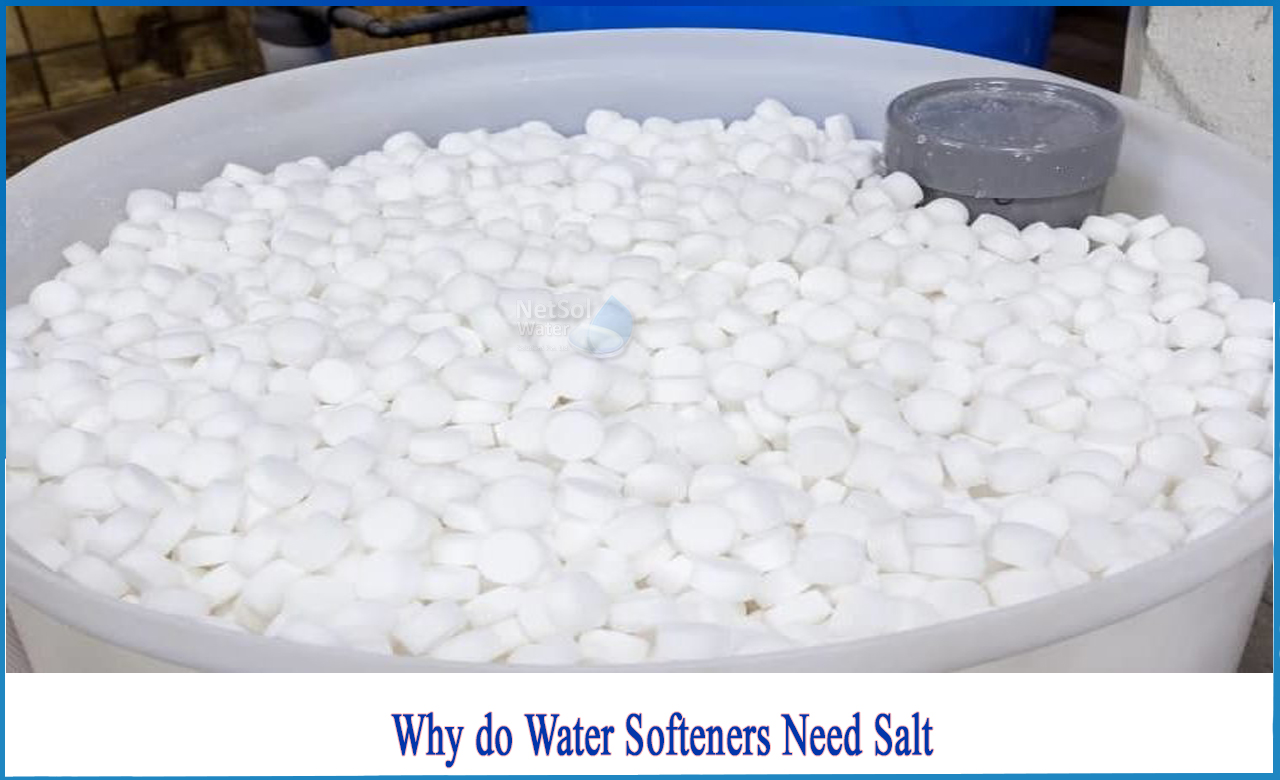CHALLENGES WITH HARD WATER
Water softeners cannot perform an optimal regeneration if there is insufficient salt in the brine tank. Because softening capacity has not been fully restored, hard water will continue to flow through your household's taps, causing a variety of problems. When your water softener is unable to regenerate, your home will revert to its previous hard water challenges, resulting in issues ranging from unsightly streaks and stains on fixtures and dishes to build-up in pipes and more.
Why we add Salt in Water Softener?
One of the most important things you can do to keep your water softener running smoothly is to refill your brine tank with the right kind of salt on a regular basis.
Home water softener users should check their brine tank at least once a month, according to experts. If the tank appears to be less than half-full, adding more salt may be a good idea, but be careful not to overfill the tank. Keep in mind that older softeners may require more frequent regeneration, whereas newer models may include brine tank monitors and regenerate more efficiently based on demand.
Adding more salt to the brine tank of your water softener as needed allows the regeneration process to run smoothly. A sufficient supply of salt produces a suitable brine solution for regenerating the resin beads.
It is critical to ensure that regeneration can take place successfully and without interruption. Maintaining a routine that allows you to obtain the required amount of salt on time enables you to:
1. Avoid problems with water hardness.
2. Keep an eye on your water softener to see if it needs to be serviced.
3. Continue to use the appropriate type of salt for your system.
RIGHT SALT FOR WATER SOFTENER
Topping off your water softener's brine tank on time ensures that you are up to date on the type of salt required for your specific appliance. You may forget which brand or variety of water softener salt your family prefers if you fall behind. Scrambling around the store at the last minute can make you more prone to picking up the wrong 40-pound bag, which is a costly error.
CHEMICAL COMPOSITION OF A WATER SOFTENER SALT
The most commonly used substance for water softeners is common salt, also known as sodium chloride. Systems can also use potassium chloride as an alternative, though this is a more expensive and inefficient option. One may decide that one or the other is the best option for your needs based on your personal preferences as well as the capabilities of your water softener.
WATER SOFTENER SALT SMOOTHENS THE FUNCTIONING OF A WATER SOFTENER
When it comes to refilling your water softener's brine tank, being late can have serious consequences. Without enough salt for regeneration, you'll have to deal with hard water again, which will cause issues with bathing and cleaning, as well as the water-using appliances in your home. You'll be able to monitor for maintenance issues like bridging and mushing if you stay on top of things, and you'll know when it's time to upgrade your system if you stay on top of things. You'll also remember which type of salt to use, whether its pellets, crystals, or a specialised formula for removing rust stains.
Netsol Water is Greater Noida-based leading water & wastewater treatment plant manufacturer. We are industry's most demanding company based on client review and work quality. We are known as best commercial RO plant manufacturers, industrial RO plant manufacturer, sewage treatment plant manufacturer, Water Softener Plant Manufacturers and effluent treatment plant manufacturers. Apart from this 24x7 customer support is our USP. Call on +91-9650608473, or write us at enquiry@netsolwater.com for any support, inquiry or product-purchase related query.



